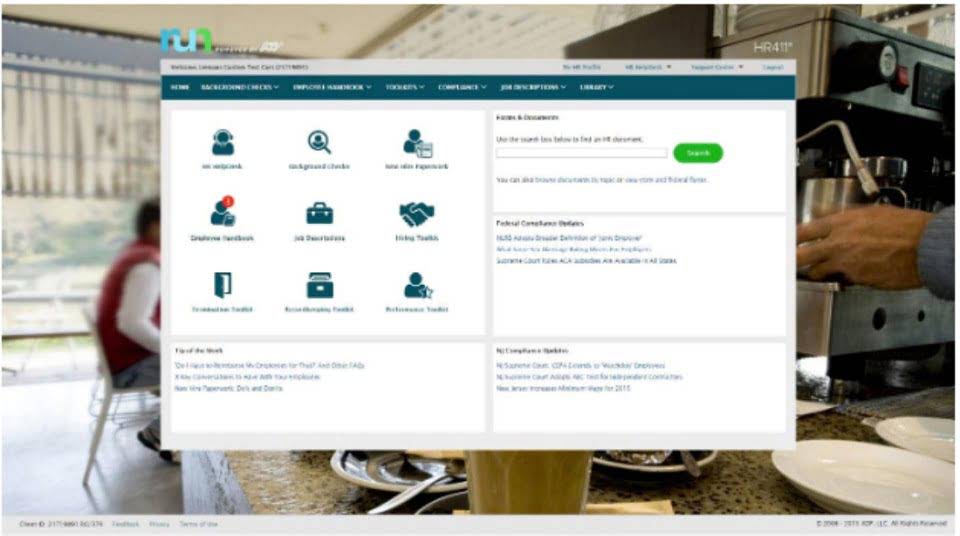
In conclusion, the future of financial reporting and compliance in France will be characterized by stringent regulations, the integration of cutting-edge technology, and a growing focus on sustainability. As businesses adapt to these changes, they will not only improve their compliance with existing requirements but also place themselves at the forefront of industry best practices. In addition to annual reports, businesses must also adhere to various tax return deadlines. For instance, the corporate tax return must be filed by the 2nd of May for companies with a fiscal year that is the same as the calendar year.
How Acclime can help with corporate compliance
- Statutory reporting requirements encompass financial statements, including income statements, balance sheets, and intricate cash flow statements.
- Once the company has been set-up, there are compliances needed to maintain a legitimate business in the Philippines.
- Clients and partners may hesitate to engage with a company that has a history of non-compliance, fearing that similar issues may affect ongoing business relationships.
- Integrating automated solutions can streamline and enhance the accuracy of reporting processes, reducing human error.
- Businesses are struggling to keep up with numerous regulations, especially those operating across multiple regions, each carrying different requirements.
- Finance leaders must stay current on the best practices for statutory reporting as requirements continue to change in order to comply with the most recent laws and guidelines.
Considering aspects like price, scalability, usability, integrations, analytics capabilities, and more can help you choose a platform that satisfies both the expectations of the present and expected future demands. Companies that take these factors into Online Bookkeeping account can benefit from increased automation-related efficiency improvements and enhanced risk management for global regulatory compliance. Automatic solutions enable businesses to generate reports fast and with little manual work, which lowers errors and saves critical time. It entails providing important stakeholders, including external auditors, regulatory authorities, and investors, with reports and records that are legally necessary. These reports must adhere to the criteria specified by accounting regulations and be accurate, timely, and thorough. In contrast, management accounts are tailored for internal use by the company’s management team.

Internal requirements
The financial audits in France must be conducted by qualified auditors, known as commissaires aux comptes, who possess the required certifications and adhere to professional standards. These auditors are responsible for examining the financial records of a company, assessing its compliance with legal and regulatory requirements, and providing an impartial opinion on the financial statements. Their role is pivotal in ensuring that the business operates within the regulatory framework, thereby promoting transparency and trust among stakeholders. While some companies may opt to apply IFRS voluntarily, certain entities are mandated to follow these standards based on their size, public interest, or cross-border activities. Therefore, understanding when to apply French GAAP or IFRS is crucial for businesses in effectively managing their financial reporting obligations and ensuring compliance with applicable regulations.

1 Statutory accounting and reporting overview
- This involves consolidating reports from regional offices to create a comprehensive financial report.
- This body ensures that the financial statements prepared by entities meet the Generally Accepted Accounting Principles (GAAP) in Canada.
- As such, understanding the timeline for all reporting obligations is essential for smooth operations and to uphold corporate integrity in France.
- GAAP permits greater flexibility in valuation methodologies based on factors including management intent and classification of financial instruments.
By automatically capturing transaction data, integrating it across various departments, and generating real-time reports, companies can swiftly assess their financial standing and ensure compliance with French regulations. Such systems often include features for audit trails, making it easier to trace transactions back to their origins, which is crucial during compliance checks. Employees should be trained in the importance of accurate financial reporting and engaged in discussions about compliance.
- This comprehension can be expanded by investigating how these principles are implemented in specific industries.
- In many cases, this includes exploring their options for managing statutory reporting through shared services centers while also addressing local, country-specific requirements.
- In a recent report, we asked businesses to share their biggest compliance challenges with us.
- When TMF began investigating the centralization and standardization of statutory reporting compliance, its strategy informed the creation of operational objectives and selected key performance indicators, Boyko said.
- Each country in which a company conducts business has its own requirements, and technology can make this process more efficient.
- Companies must pay an additional business permit fee (calculated as a percentage of the previous year’s gross sales/revenue), local business taxes and any additional charges or fees imposed by the municipality.
Legal implications of non-compliance
- This also includes the ability to view tasks and data at the corporate reporting and legal entity level, which is required to facilitate statutory reporting requirements.
- Engaging with such professionals can enhance a company’s understanding and capability in managing its annual filing obligations more effectively.
- These regulations are designed to foster transparency, accountability, and fairness in the corporate sector, ensuring that businesses operate in accordance with the law and uphold the rights of stakeholders.
- Both types of audits provide valuable insights, contributing to improved financial practices and compliance adherence.
- These expenses are immediately deducted from revenue, but they do not lower the unearned premium reserve, resulting in a surplus equal to the expenses not deducted for the policy period.
- Limited partnerships, however, may have additional conditions, such as the need to file a partnership return, which outlines the partnership’s income, losses, and allocations to each partner.
The balance sheet is one of the primary components and provides a snapshot of a company’s financial position at a specific point in time. It outlines What is bookkeeping the company’s assets, liabilities, and shareholders’ equity, thereby demonstrating how resources are financed. Following the balance sheet, the income statement presents the company’s profitability over a defined period, spotlighting revenues, expenses, and the resultant net income or loss. This statement is vital for stakeholders evaluating the company’s operational success and financial health. Non-profit organizations (NPOs) serve distinct purposes compared to profit-driven companies and are subject to their own filing requirements.


This trend is in line with global standards, as stakeholders and regulators call for greater accountability and transparency regarding a company’s impact on the environment and society. Organizations must adapt their reporting mechanisms to include comprehensive sustainability practices, thereby enhancing their credibility and fostering a favorable public image. Another crucial legislative component is the Income Tax Act, which regulates the taxation of companies operating within the country. This Act mandates that companies must accurately report their income, expenses, and tax liabilities to the South African Revenue Service (SARS). Compliance with this Act is vital, as failure to adhere to statutory reporting tax regulations can result in severe penalties, including fines and legal repercussions.














